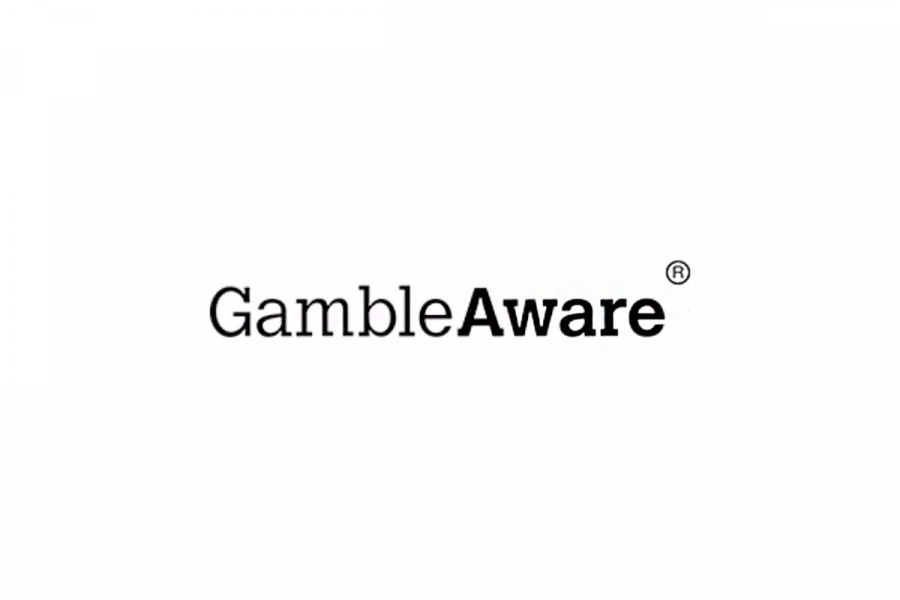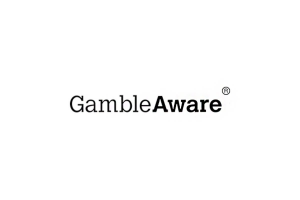GambleAware publishes data maps of UK gambling harm

The grant-making body has published maps of gambling harms across local authorities and parliamentary constituencies.
UK.- The gaming industry-backed grant-making body GambleAware has published data maps that index problem gambling harms across UK local authorities and parliamentary constituencies. The aim is to help stakeholders in the National Gambling Support Network (NGSN).
Produced by PoliMapper, the maps reveal which regions have higher levels of gambling harm and a greater need for support and treatment. The data is based on the Problem Gambling Severity Index (PGSI) as collected in November 2022 from GambleAware’s Annual Great Britain Treatment and Support Survey. The data has been adapted to visually represent gambling harm in different areas.
GambleAware said it aims to provide NGSN stakeholders with a “screening tool” visually highlighting PGSI indexes in local areas. This, it says, can enhance GambleAware and the NGSN’s regional-first approach to guarantee local access to support.
There are five map categories, which display the gambling prevalence percentage in the UK, usage and demand for gambling treatment and support and relative usage and demand for services based on PGSI categories. A search tab provides a profile of the context of problem gambling harms and estimated fiscal costs for each district or constituency.
Last month, the UK government’s Department of Culture, Media and Sport opened a consultation on proposals to implement a levy on gambling operators to fund research, education and treatment (RET). It hopes the levy, proposed in the government’s gambling white paper, will raise £100m a year for the National Health Service (NHS).
The levy will be overseen directly by the NHS, replacing the current system in which GambleAware acts as the grant-making body dispersing funds received from operators’ current voluntary donations. Passing responsibility to the NHS is intended to create greater independence after stakeholders raised concerns about GambleAware’s proximity to the industry.










